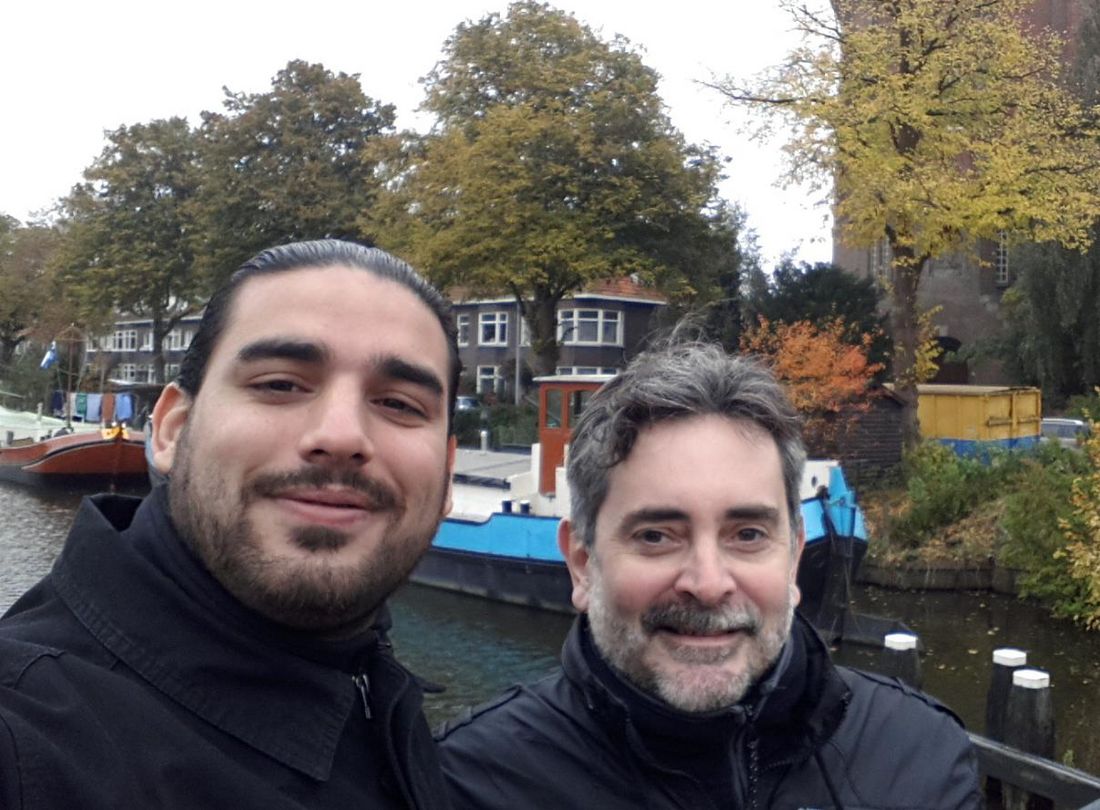Lucas Martínez travelled to the Netherlands for microbiological work at NIOZ
My first time in Europe began with several hours at Schiphol airport, waiting for the first daily train heading to Groningen. A couple of hours later, my colleague Dr. Edgardo Hernandez received me at the train station. After recovering some energy, we headed to Groningen University.
Once arrived, Prof. Dr. Anita Buma gave me a really warm reception so that we could get to know each other a little bit. During that afternoon, I walked through Groningen and enjoyed a really nice afternoon in that beautiful town. Next day, we started planning my future work there in close cooperation with Dr. Henk Bolhius from the NIOZ Royal Institute of Sea Research.
Next morning we start the trip up to Texel, my final destination, where the NIOZ Royal Institute of Sea Research is located. Texel is a little, cold and windy island in the Netherlands and situated 100 km north from Amsterdam in the North Sea. In order to get there, Henk and me had to take a train up to Den Helder, then a bus, and finally a ferry that leaves every hour to get you across the North Sea.
During the trip, we started early to plan the days-to-come schedule. I had 90 samples to process so there was a lot of work for me to do. Those samples belonged to all the hydrocarbon-contaminated soils bioremediation experiments I have performed in the laboratory and in the field at Carlini Station. The oil spill occurred next to the fuel tanks of the station. My work consists mainly in optimizing C:N:P ratios and environmental variables for a biostimulation process to be efficient in Antarctica. Obviously, microbes play a key role in these processes. That was the reason why my work at NIOZ was going to be focused on analyzing how the microbial populations in Antarctic soils respond to the biostimulation treatments we applied.
During my very productive stay at Henk Bolhuis s laboratory, I was able to understand a little bit more on how the microbial ecology is influenced by the treatment we are applying to the soil, giving a good perspective on which bacteria are playing a key role in bioremediation processes. This information will be useful for potential bioaugmentation processes, increasing the efficiency of our bioremediation processes.
Personally, I was able to live and breathe a different culture, share different traditions and learn a lot of the way of living and working in a different country. This experience helped me acknowledge my own strengths and weakness as a scientist, beyond spending a great time in the Netherlands!



